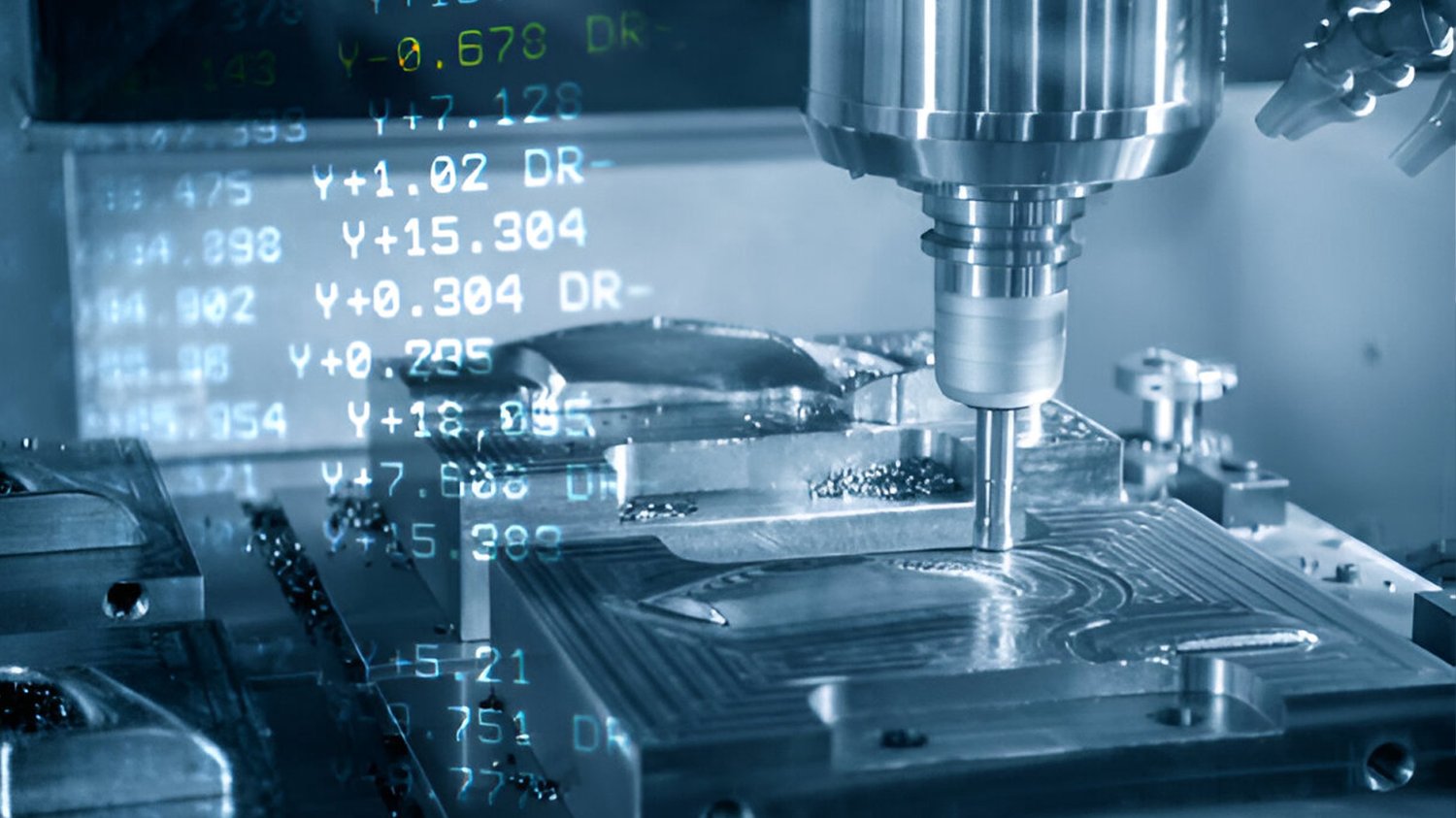The Importance of Mold machining in Manufacturing Processes
Mold machining is an essential process in manufacturing, as it involves creating various types of molds that are used to produce different products. This process is critical to the production cycle because molds are used to create precise shapes and sizes of products needed for different applications, including automotive, aerospace, medical, and consumer goods industries. Mold machining plays a vital role in the manufacturing process and contributes to the quality, efficiency, and productivity of the final product.
Understanding Mold Machining and Its Tools
Mold machining is a complex process that involves various tools and techniques. The primary tools used for mold machining include CNC machines, milling machines, turning machines, wire EDM, and surface grinders. These tools are used to create accurate designs and shapes on metal or plastic molds, which are used for various applications. The mold machining process requires expert knowledge, and manufacturers often use computer software programs to ensure that the molds are precisely crafted to meet the necessary requirements and standards.
The Importance of Quality Control in Mold Machining
Quality control is essential in mold machining, as it helps to ensure that molds are precisely crafted and meet all of the necessary requirements and standards. Quality control measures help to detect any defects or errors in the molds, which can then be corrected before the final product is produced. Manufacturers use various methods, including visual inspections, non-destructive testing, and metrology techniques, to ensure that the molds are of high quality and meet all requirements.
The Benefits of Mold Machining for Manufacturers
There are several benefits of mold machining for manufacturers. Accurate molds ensure that the final product meets all of the necessary requirements and standards, which results in satisfied customers. Mold machining also results in lower costs and less waste due to the precision of the molds. Additionally, molds can be reused, resulting in faster production times and lower costs for manufacturers.
The Role of Mold Machining in the Automotive Industry
Mold machining plays a vital role in the automotive industry, as it is used to create various components needed for manufacturing cars and other vehicles. These components include engine parts, transmission parts, and body parts. The molds used for these components must be precisely crafted to ensure that they meet all necessary requirements and standards. Mold machining is also used to create custom parts for vehicles and helps to speed up the production process.
Mold Machining in the Aerospace Industry
Mold machining is also essential in the aerospace industry, as it is used to create various components needed for aircraft and space vehicles. These components include engine parts, structural components, and various other parts. The molds used for aerospace components must be precisely crafted to ensure that they meet all necessary requirements and standards, including strength and durability.
The Role of Mold Machining in the Medical Industry
Mold machining is critical in the medical industry, as it is used to create various components needed for medical devices and equipment. These components include surgical tools, implants, and various other parts. The molds used for medical components must be precisely crafted to ensure that they meet all necessary requirements and standards, including biocompatibility and sterility.
Mold Machining in the Consumer Goods Industry
Mold machining is also crucial in the consumer goods industry, as it is used to create various products, including toys, electronics, and household items. The molds used for these products must be designed to meet the necessary specifications of the product, including size, shape, and durability. Mold machining helps to ensure that these products will meet all customer requirements and expectations.
Future Trends in Mold Machining
The future of mold machining is promising, as new technology and innovations continue to evolve. Manufacturers are increasingly using 3D printing to create molds, which can be produced quickly and precisely. The use of automated systems is also becoming more common, allowing for increased efficiency and accuracy in the mold machining process. As technology continues to advance, mold machining will continue to play a critical role in the manufacturing process.
Conclusion
Mold machining is an essential process in manufacturing, as it helps to ensure that products are precise, efficient, and cost-effective. Mold machining plays a vital role in various industries, including automotive, aerospace, medical, and consumer goods industries. The future of mold machining is promising, as new technology and innovations continue to evolve, resulting in increased efficiency and accuracy in the mold machining process.

